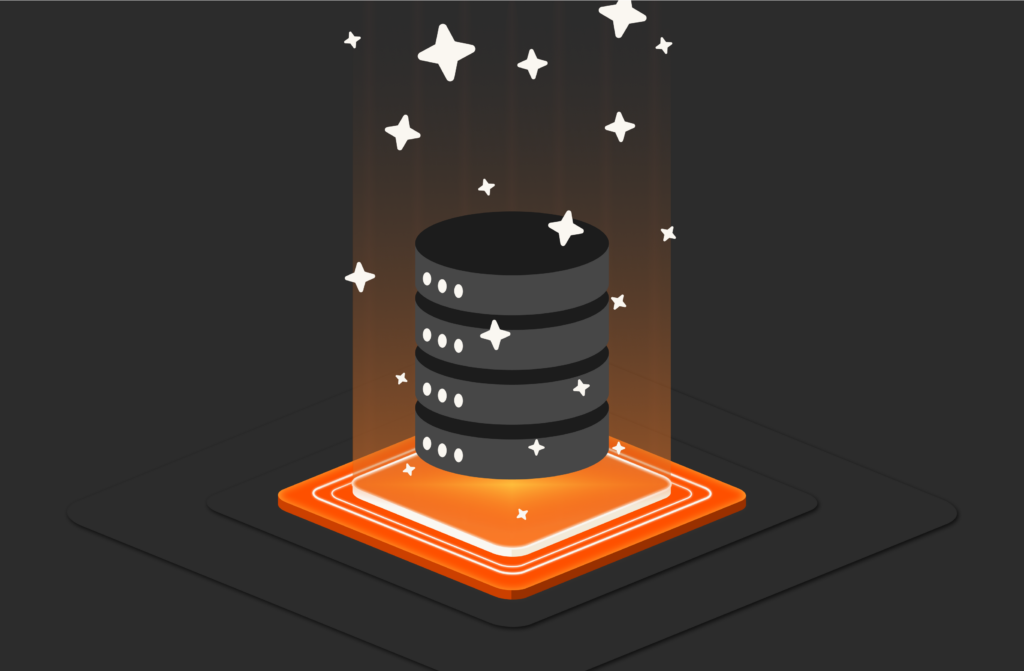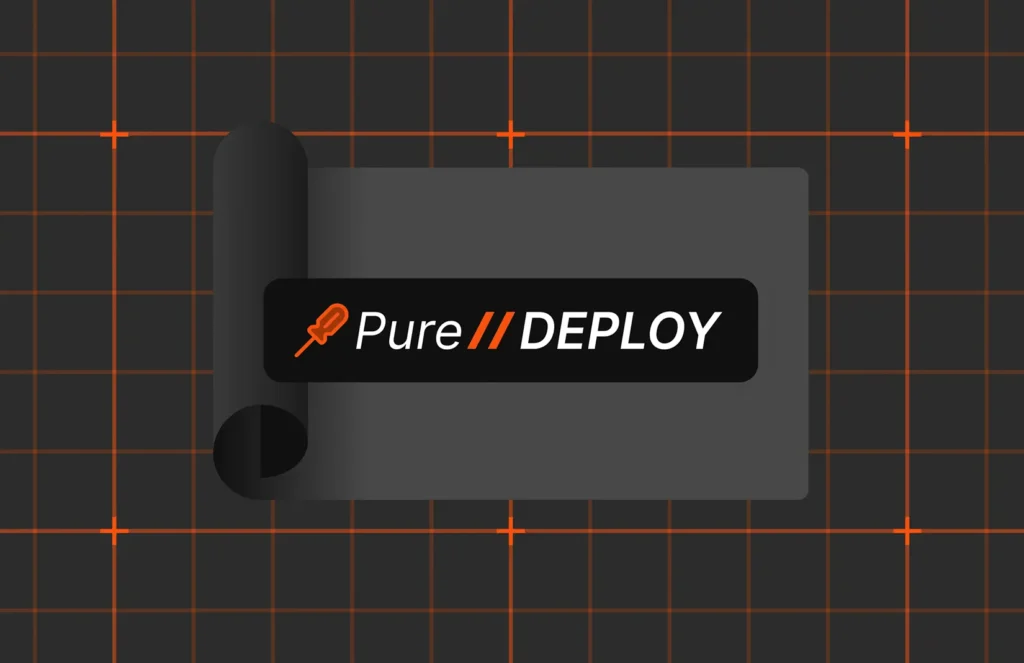Summary
DeepSeek is revolutionizing AI development with its innovative approach to smaller, specialized models and intelligent data management, paving the way for more efficient, cost-effective, and capable AI systems.
DeepSeek has introduced a transformative approach to AI development. DeepSeek isn’t just another AI company; it’s a paradigm shift. The team behind it is composed of engineers who aren’t bound by traditional AI methodologies. They are mathematicians at heart, pragmatists in execution, and unconcerned with how AI has been done in the past. They saw a new way forward, one that redefines how we think about AI models, data management, and ultimately, the infrastructure that powers it all.
The true impact of DeepSeek isn’t just in the models they’ve built—it’s in the roadmap they’ve unveiled for the future of AI infrastructure. Here’s what that future looks like and how it will impact enterprises and data management. I’m pretty certain it already has made a lot of very smart people rethink the very nature of their approach to AI itself.
The Rise of Smaller, Smarter Models
The AI industry has long been fixated on the idea of foundational models—massive, all-knowing networks trained on everything and anything. But DeepSeek has proven that smaller, more specialized models are not only viable but superior in many ways. Their approach? A mixture-of-experts model, where smaller, highly trained models work together in tandem. While this is oversimplifying the approach, they use a very smart technique for selecting the right expert model while being careful to ensure they create an efficient system.
This changes everything.
Instead of one giant model attempting to do everything, enterprises can deploy a system of interconnected models, each specialized in a specific domain. The implications are profound:
- Lower costs: Smaller models require significantly less compute power, but the true benefit isn’t just reduced cost. The approach has now proven a more capable AI is possible while simultaneously lowering training and inference costs.
- Easier validation: Focused expertise means it’s simpler to test and verify performance in real-world applications. I believe this will make it straightforward to add more specialized model capabilities without as much difficulty as building a foundation model.
- Reasoning models:Small models will gain reasoning capabilities much easier. Think about it: Adding reasoning is a key step toward AI oversight and transparency.
For enterprises, this means AI adoption will move beyond chatbots. It was never in the cards that a regular enterprise would build a foundational model; it’s simply too cost prohibitive. This provides the blueprint for easily building highly capable models cost effectively with their own data. Think of it as onboarding an AI workforce—the barrier to create highly efficient and domain specific models has lowered significantly. Tooling for this will come next, as well as base models that allow for efficient distillation of data to build capable smaller models.
The Key to Unlocking AI’s Full Potential Is Data Management
For years, the AI industry has been obsessed with collecting and hoarding as much data as possible. The focus was on maximizing token counts, training on everything, and hoping brute force would yield better results. But in the world of mixture-of-experts models, data management takes center stage.
The challenge shifts from amassing data to selecting, organizing, and refining it. The priorities are now:
- Curating high-quality data: AI is only as good as the data it’s trained on. Filtering out noise and focusing on relevance is now a strategic advantage.
- Optimizing data pipelines:Continuous data enrichment, versioning, and traceability becomes critical.
- Infrastructure that supports AI: Enterprises will need infrastructure capable of dynamically indexing, filtering, and retrieving data at scale.
DeepSeek has already demonstrated this approach with their “meticulously designed data selection pipeline.” Instead of indiscriminately training on all available data, they filtered and refined their data sets, improving efficiency while also reducing costs. AI-driven intelligent data selection is emerging as the cornerstone of future AI training, ensuring efficiency and precision in model development.
The Infrastructure of Tomorrow
As AI shifts toward specialized models and data refinement, infrastructure must evolve to support this new reality. Future AI systems will require:
- Multi-dimensional performance: Supporting thousands of smaller models working in parallel and key-value stores that run efficiently at inference time.
- High connectivity and always-on availability: AI-driven data pipelines will continuously update and refine data sets.
- Scalable, high-speed storage: The ability to index, retrieve, filter, and represent significant amounts of data in real time.
Across industries, organizations face similar challenges in managing AI-driven data sets. AI models rely on continuously evolving data sets that grow at exponential rates. Rather than merely storing data, leading AI-driven organizations dynamically index and refine it. As models improve, data is reprocessed to uncover new insights and retrain AI systems accordingly. This continuous cycle of data refinement is key to making AI truly effective.

Real-world Organizations Gaining ROI from AI
A New Era for AI
DeepSeek has exposed a fundamental truth: The future of AI is not about bigger models—it’s managing and processing data. The approach to scaling AI has shifted and we are now entering an era when any model can become incredibly capable without the massive capital investment. Reasoning has now become available to any model. Infrastructure, storage, and data management will now change as well.
The key takeaway? The intersection of AI, data science, and data management is where the real innovation is happening. Storage isn’t just about keeping data anymore; it’s about refining, indexing, filtering, organizing, and reusing while continuously optimizing it for AI’s next evolution.
AI Platform of the Future
DeepSeek has demonstrated what is possible when AI development embraces a new paradigm. The challenge now is for enterprises and infrastructure providers to explore the art of the possible—reimagining systems, workflows, and architectures that fully harness the potential of AI-driven insights and decision-making.
Pure Storage is uniquely positioned to support this AI-driven future. With our platform, enterprises can harness the power of AI while ensuring simplicity, reliability, agility, and efficiency in their data management. Our unified infrastructure simplifies data storage across all environments. As AI continues to evolve, businesses need a platform that evolves with it—one that eliminates complexity, enhances efficiency, and scales effortlessly.
Let’s redefine what’s possible together—connect with Pure Storage today to explore how we can help you unlock new insights and drive innovation with your data.

Pure Storage Business White Paper
What Do AI Projects Really Demand from IT?
An AI primer for business leaders








